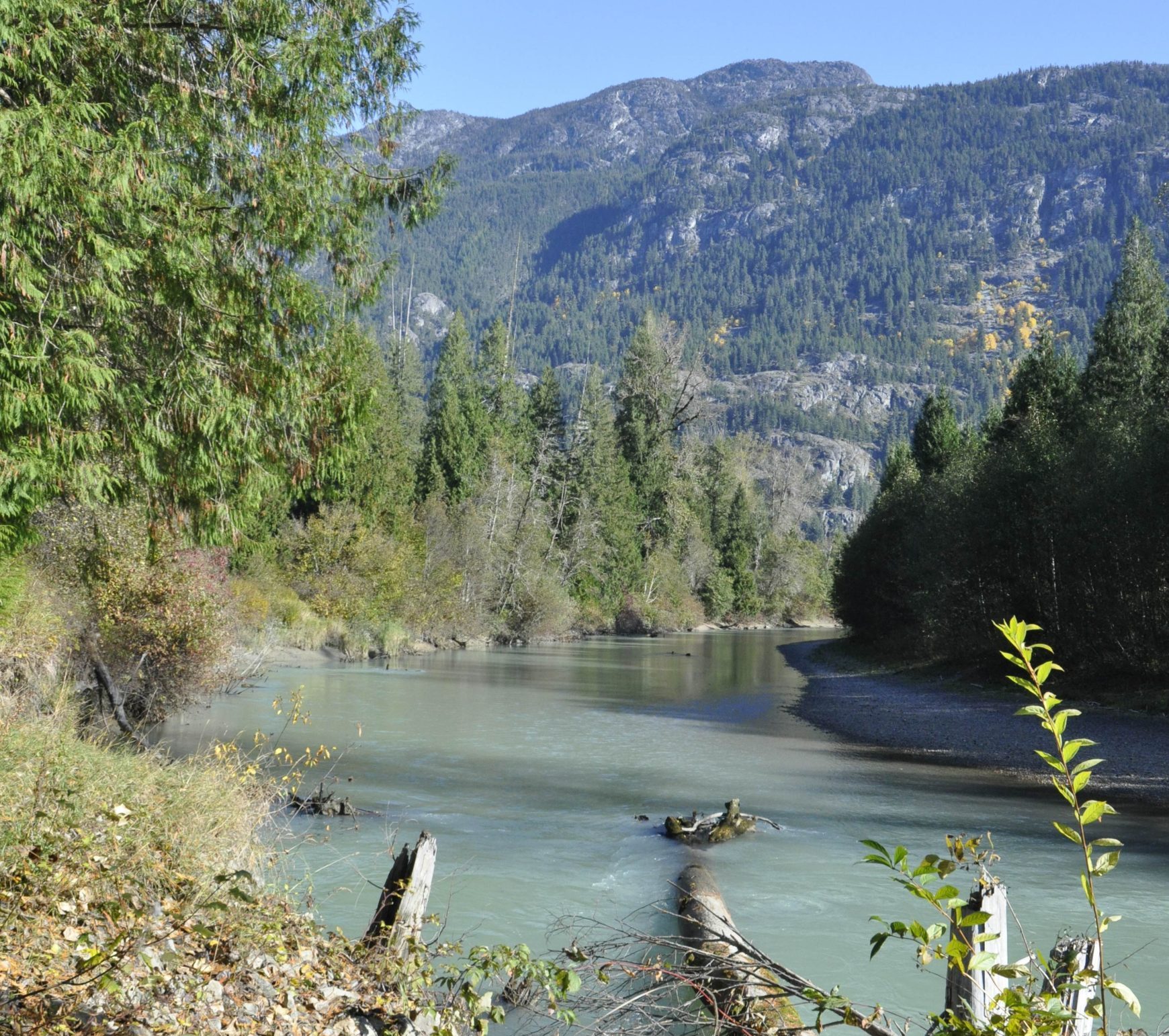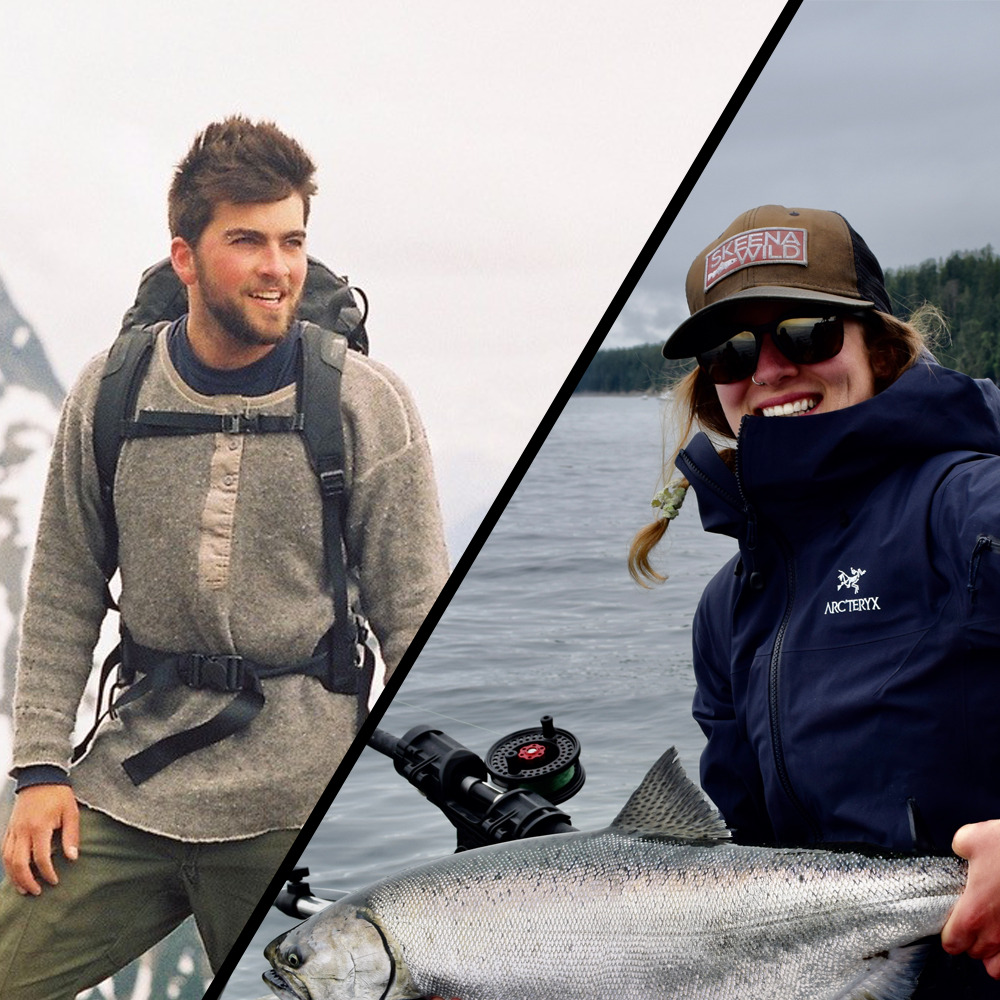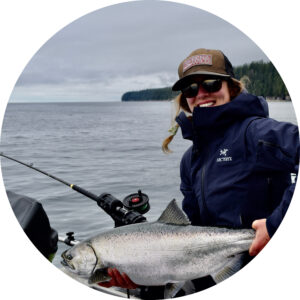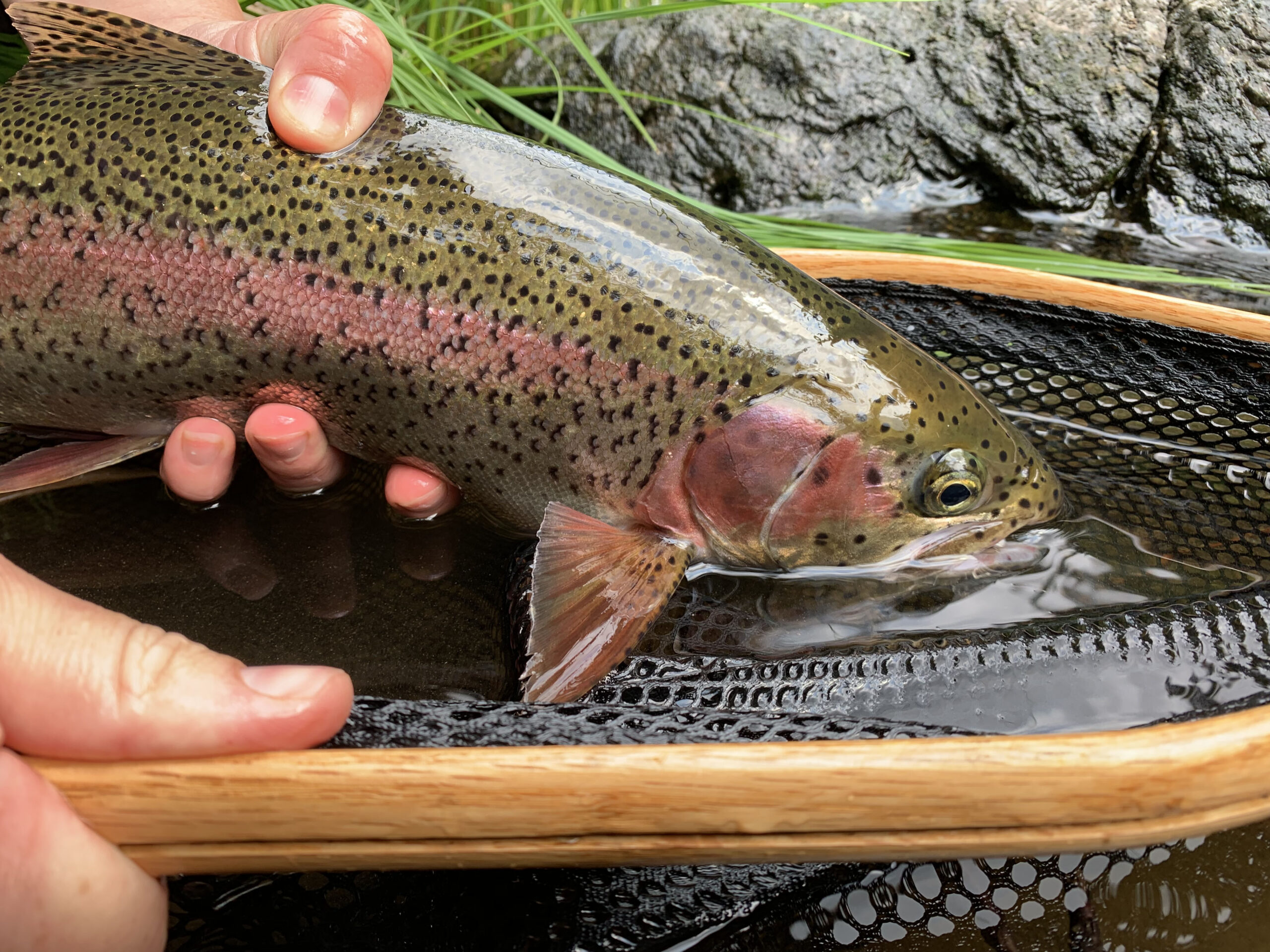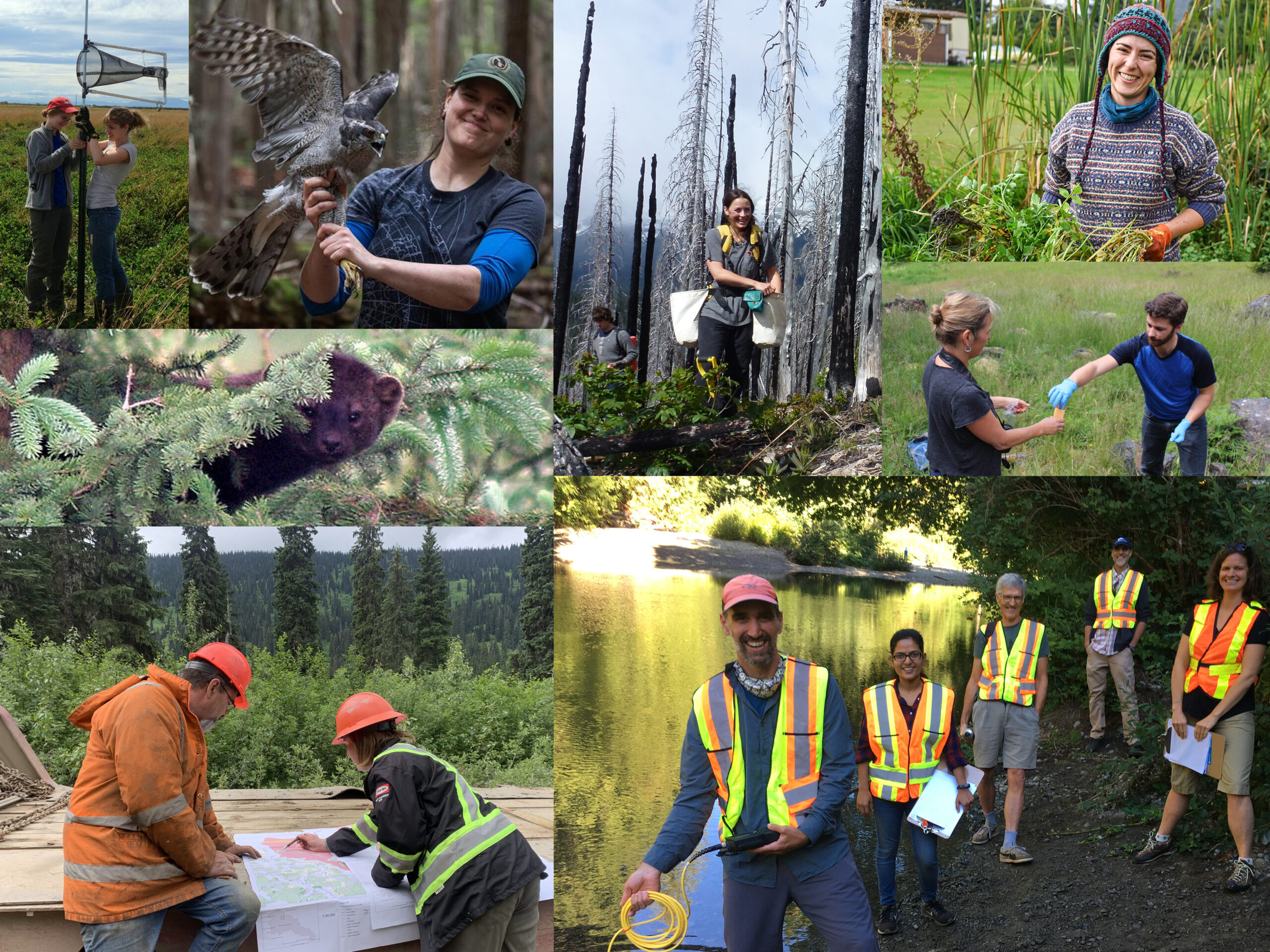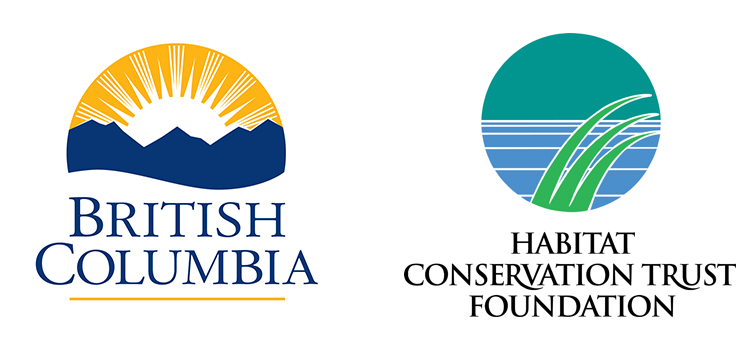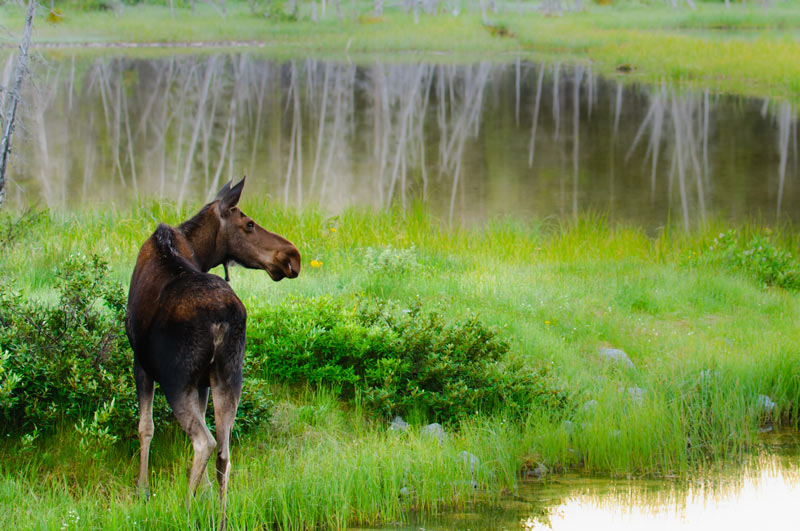
Project #0-541: Determining factors affecting moose population change
For 40 years, the Habitat Conservation Trust Foundation (HCTF) has helped fund conservation groups, government branches, Indigenous Nations, and local communities to implement projects that protect B.C.’s wildlife, freshwater fish, and the habitats they need to survive and thrive. This year, HCTF is has awarded $9.3 million in funding for 175 individual conservation projects across British Columbia.
HCTF’s CEO Dan Buffett is pleased to report that the 2021/22 grant season represents the Foundation’s highest record annual investment and reflects the financial contributions and hard work of many British Columbians that fund and implement these projects. To date, HCTF has funded 3,230 conservation projects and granted over $195 million in funds across the length and breadth of this ecologically diverse province.
HCTF supports a variety of conservation projects across the province. Some highlights from this year’s list of approved projects include:
- $70,000 to investigate factors affecting moose population change across BC (photo below).
- $62,500 to help protect BC’s bat populations from the spread of the deadly fungal disease known as White–Nose Syndrome.
- $248,000 to restore and enhance over 90 hectares (222 acres) of wetland habitat throughout the province.
- $49,500 to reestablishing the critically endangered Vancouver Island Marmots (photo below).
- $98,500 to monitor the abundance, productivity, and conservation status for wild Interior Fraser steelhead population in the Thompson-Nicola region (photo attached).
- $130,500 to support the Kootenay Region River Guardian Program, these River Guardians will maintain and improve the quality of angling along regional watersheds and protect native sportfish populations.
- $90,500 to identify the effects of wildfire and disturbance on mule deer habitat selection, migration, and population growth in the Okanagan (photo attached).
Funding and support for these projects and others across the province come from a wide variety of sources including public groups such as the British Columbia Wildlife Federation (BCWF), partner organizations like the Forest Enhancement Society of BC (FESBC), provincial government contributions, court fines, and endowments. A significant source of funding comes from the conservation surcharge paid by B.C.’s anglers, hunters, trappers, and guide outfitters.
“Over 40 years ago, the BC Wildlife Federation lobbied for a surcharge on hunting and fishing licenses to fund wildlife and fish habitat improvement projects throughout the province,” said BCWF President Chuck Zuckerman. “The result of this impassioned call from B.C.’s hunters, anglers, trappers and sport shooters formed a new fund in 1981 that subsequently evolved into the Habitat Conservation Trust Foundation.”
Steve Kozuki, executive director of FESBC, has been pleased to be a partner with HCTF.
“FESBC is proud to partner with HCTF and local experts on the ground throughout British Columbia to improve wildlife habitat,” said Kozuki. “HCTF combines wildlife biology expertise with their excellent management of funds to deliver outstanding benefits for wildlife. With all the pressures on the land base, the good work HCTF does is more important than ever.”
Each project funded by HCTF goes through a multi-level, objective, and technical review process prior to final Board review and decision. HCTF’s Board of Directors ensures that species important to B.C. anglers and hunters are supported but also places a great deal of importance on conserving whole ecosystems, species-at-risk, and investing in environmental education across the province.
To see the complete list of HCTF funded projects or explore the conservation work being done near you, view the 2021-22 Approved Project List here.
2021-22 HCTF Project List
Download Regional Copies of News Release
Photos
(Additional images available upon request)

Project #0-541: Determining factors affecting moose population change
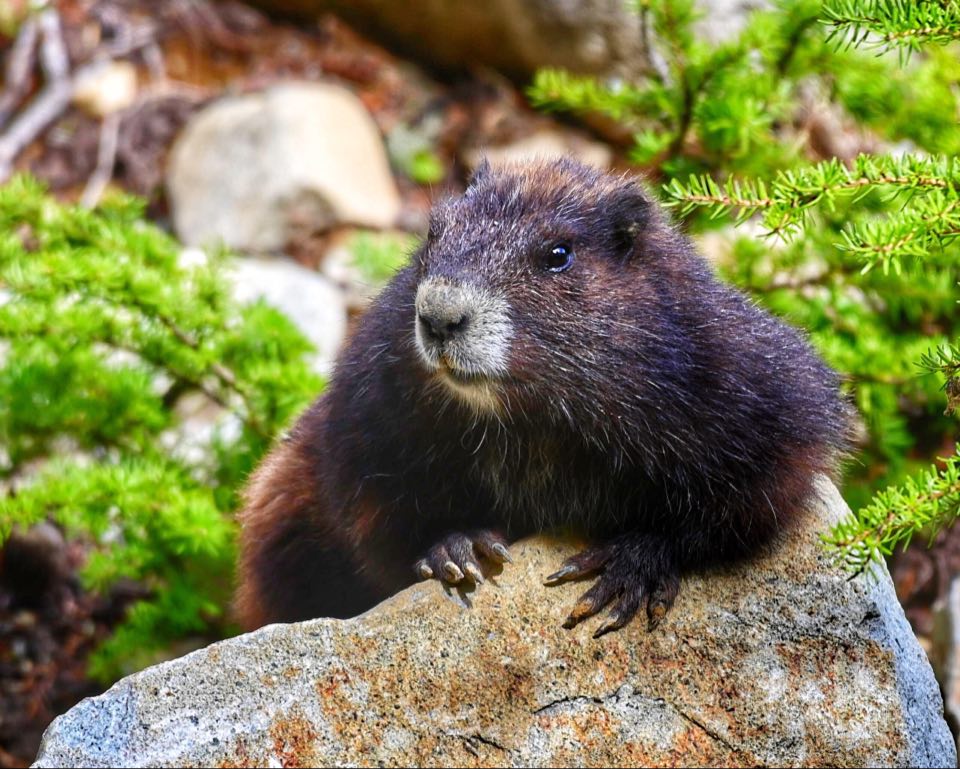
Project #1-693: Reestablishing Vancouver Island Marmots in Strathcona Provincial Park
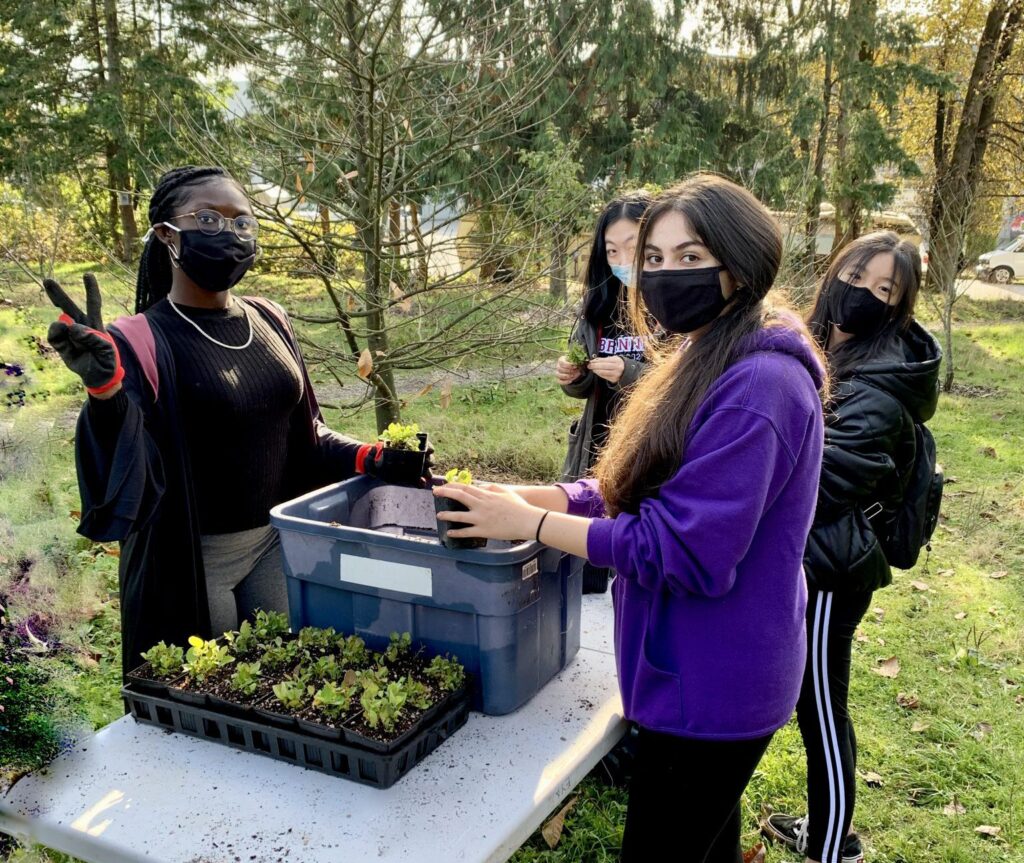
Project #2-668: Native Plant Landscaping to Increase Native Bird Populations in Vancouver (with the Environmental Youth Alliance)
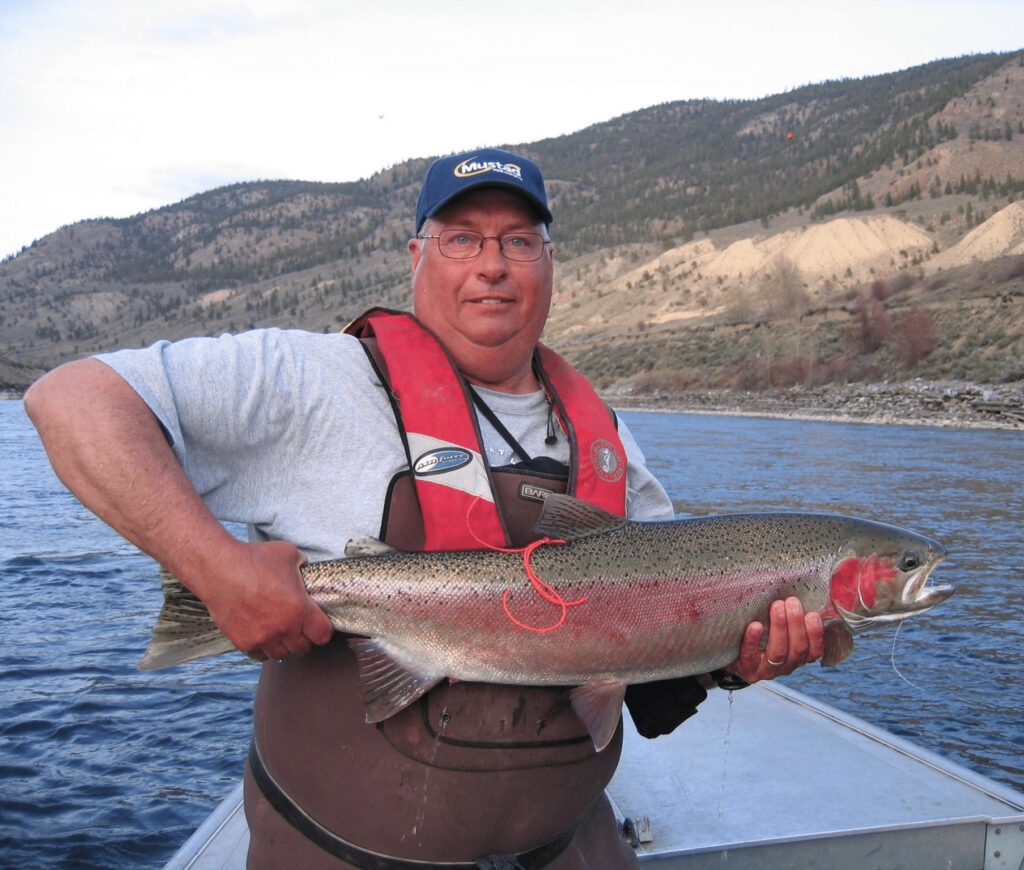
Project #3-251: Interior Fraser Wild Steelhead Conservation
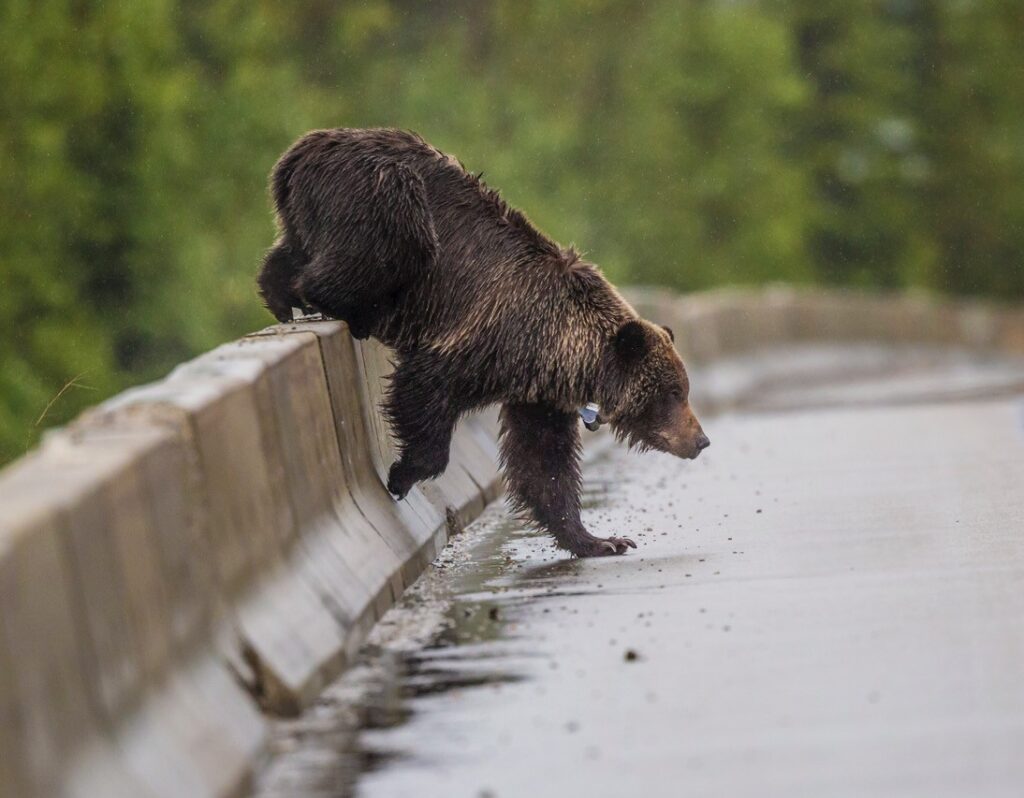
Project #4-563: Quantifying rates and mechanisms of grizzly bear mortality in the Elk Valley
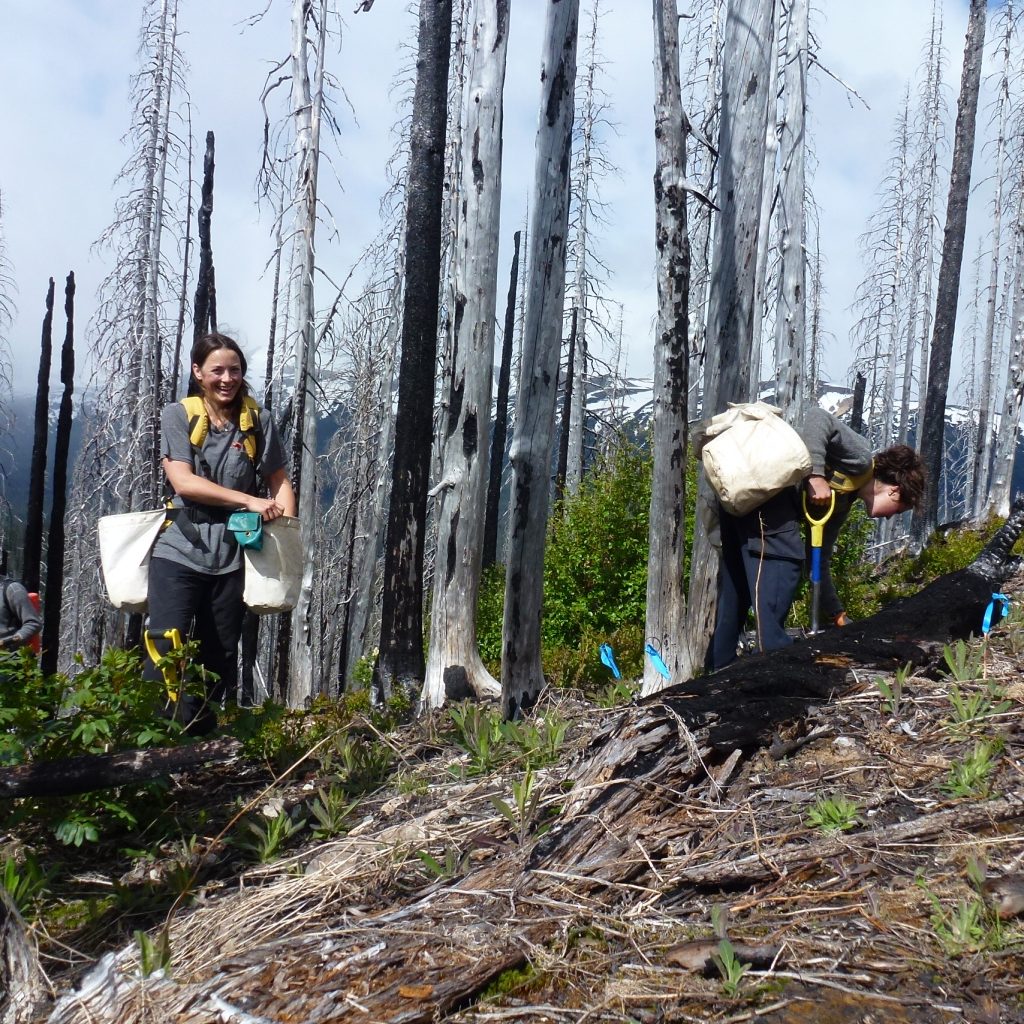
Project #6-227: Restoring Whitebark Pine Ecosystems

Project #8-408: Mule deer response to wildfire and habitat change in southern British Columbia
Contact Information
Habitat Conservation Trust Foundation
Craig Doucette, Communications Officer
Direct: 250 940 3012 | Toll-free: 1 800 387 9853 ext. 212
craig.doucette@hctf.ca
Forest Enhancement Society of BC
Aleece Laird, Communications Liaison
Direct: 250 574 0221
communications@fesbc.ca
HCTF Quick Facts
It is the mission of the Habitat Conservation Trust Foundation (HCTF) to improve the conservation outcomes of BC’s fish and wildlife, and the habitats in which they live. We make a difference by funding conservation projects and by educating and engaging the public about BC’s natural assets.
- 2021 marks HCTF’s40th anniversary of helping conservation groups and individuals secure funding for conservation projects and providing education to the general public about B.C.’s important natural assets.
- Since 1981, HCTF has provided over $189 million in grants for almost 3,000 conservation projects across BC.
- HCTF began as an initiative by BC anglers, hunters, trappers, and guide outfitters.
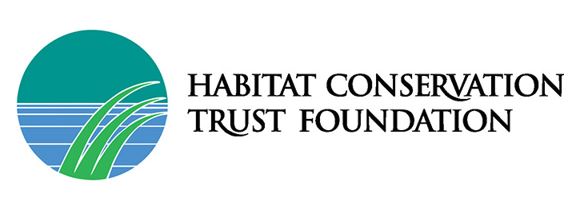
FESBC Quick Facts
In February 2016, the B.C. Government announced the formation of FESBC with initial funding of $85 million and a five-member Board of Directors to oversee the establishment of the Society and the delivery of its purposes. An additional $150 million was announced in early 2017.
- The purposes of FESBC are to advance environmental and resource stewardship of B.C.’s forests by: preventing and mitigating the impact of wildfires; improving damaged or low-value forests; improving habitat for wildlife; supporting the use of fibre from damaged and low-value forests; and treating forests to improve the management of greenhouse gases.
- As of March 2021, FESBC has supported 269 projects valued at $238 million, in partnership with governments of B.C. and Canada.



